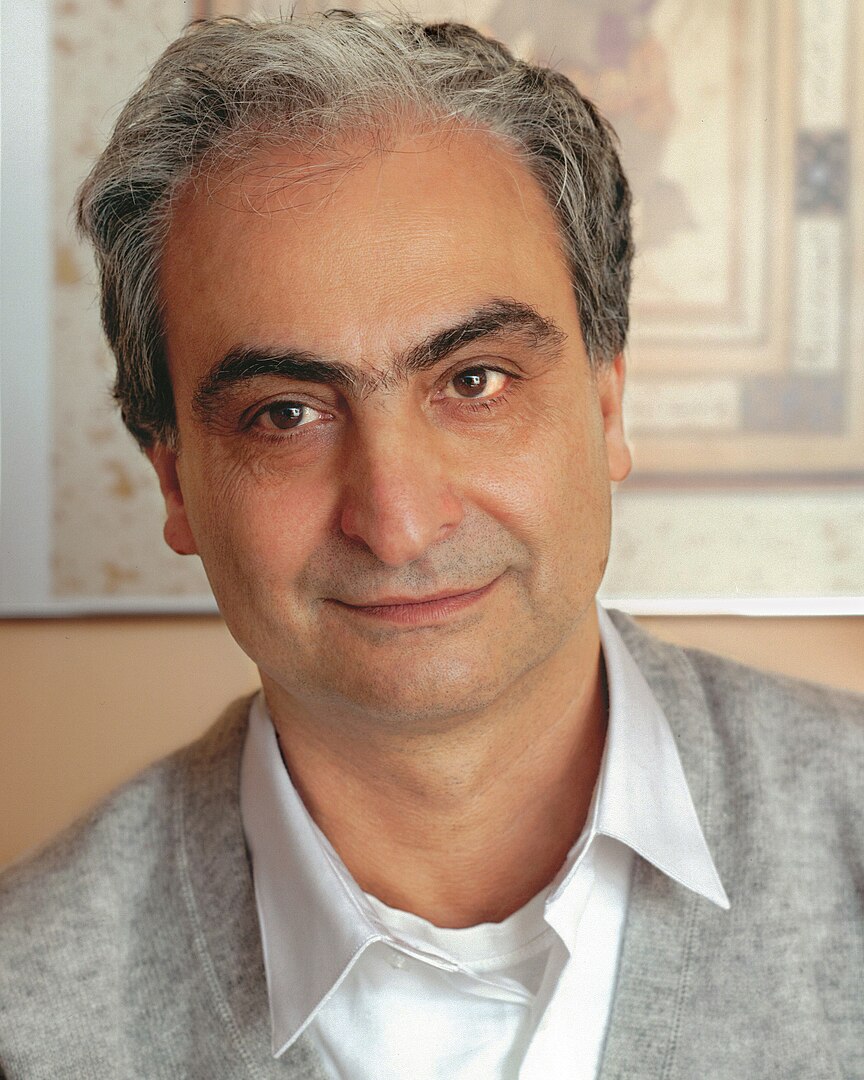Available from Sufi Journal via a digital subscription
The world has turned upside down in the last few months. We have gone from feeling invincible to feeling vulnerable, from feeling secure to feeling insecure, from being active members of society to feeling isolated and in some cases not having a job. Even worse, because of a contagious pandemic, we have not been able to follow our usual instinct in the face of global disaster.
We have not been able to reach out and help others by attending to them personally. We’ve of course been able to help remotely, by donating money to a hospital or a charitable organisation, but not directly, by being in physical proximity of those who are suffering in order to comfort them. We have been told by the health professionals that the only sensible thing to do is to stay put indoors because this may not only put our health at risk but also the health of others.
What should we be doing in these circumstances? It sounds like a helpless situation, but there are a number of lessons to be learned.
The first lesson is that the global pandemic has certainly focused our minds on the fact that our opportunity in this world is very limited and we have to make the most of our time. This is the beginning of the practice of being present and acting in a mindful manner. We should not live our lives on automatic pilot. We should live in the moment and make the most of what we have which is what Sufis are supposed to do. Inadvertently, it is as if God provided us an opportunity to be mindful—in this way we should view the current situation as a forced blessing to live in the present moment.
The second lesson is that we are now in a position to share the pain of others. We know that we too can get sick and this realisation makes us more attuned to other people’s discomfort and distress. It is no longer the case that we can view the pain and suffering of people as happening in a far away place and choose to ignore it. As they say, we are all in it together. Perhaps, self-isolation has made us feel a tiny bit of what the Syrian refugees or indeed any other homeless person may feel like when stranded in the middle of nowhere. This is an opportune moment for self-discovery, and a real chance to develop empathy towards others and step out of our self-absorbed and self-satisfied nature.
The third point I would like to make is that widespread illness, though devastating, has also brought about oneness. Sickness and death are no longer restricted to the remote and deprived parts of the world. This pandemic has affected everyone in our society from rich to poor, American, Asian, European, African, Australian and Middle Eastern. For the first time, at least in my lifetime, humanity is experiencing a shared pain and through this pain we come to experience humanity as one. The experience of oneness leads of course to the experience of compassion and love for others.
In addition, against the backdrop of the coronavirus pandemic, we are now seeing the racial disparity and discrimination which has existed for centuries in many parts of the world finally coming to the surface of society for all of us to face. This is another opportunity for us to reinforce our beliefs as Sufis that fundamentally there is no difference between one person and another, there is just one human race, and only an outlook of total equality will bring us to unity and loving kindness.
There are no doubt people who will try to exploit the situations we are experiencing to drive humanity farther apart, to make the borders more rigid and to exclude or alienate others. But as Sufis we should seize this moment and find ways within our current circumstances to bring people together by practicing more compassion and love.

